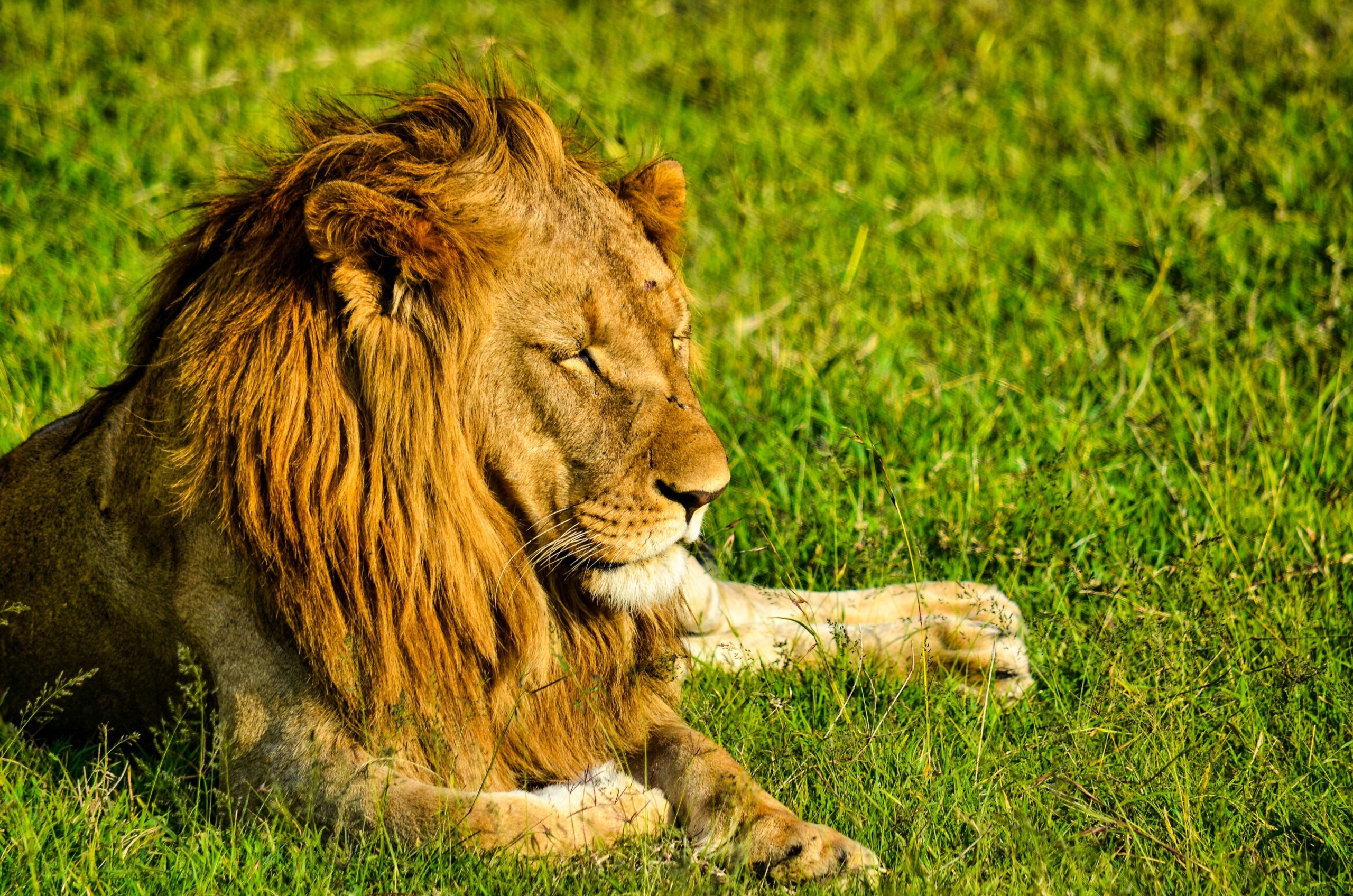Introduction:
Lion Safari, Setting out on a safari experience invokes pictures of huge savannas, colorful natural life, and maybe the most notorious of all – the lion. These magnificent animals, frequently alluded to as the rulers of the wilderness, are an image of solidarity, magnificence, and base power. Lion Safari However, there are a lot of tourists who go into lion territory and have questions about their behavior, especially about what lions eat and why they don’t attack safari vehicles. Let’s get into these fascinating aspects of how lions behave and how tourists go on safari.
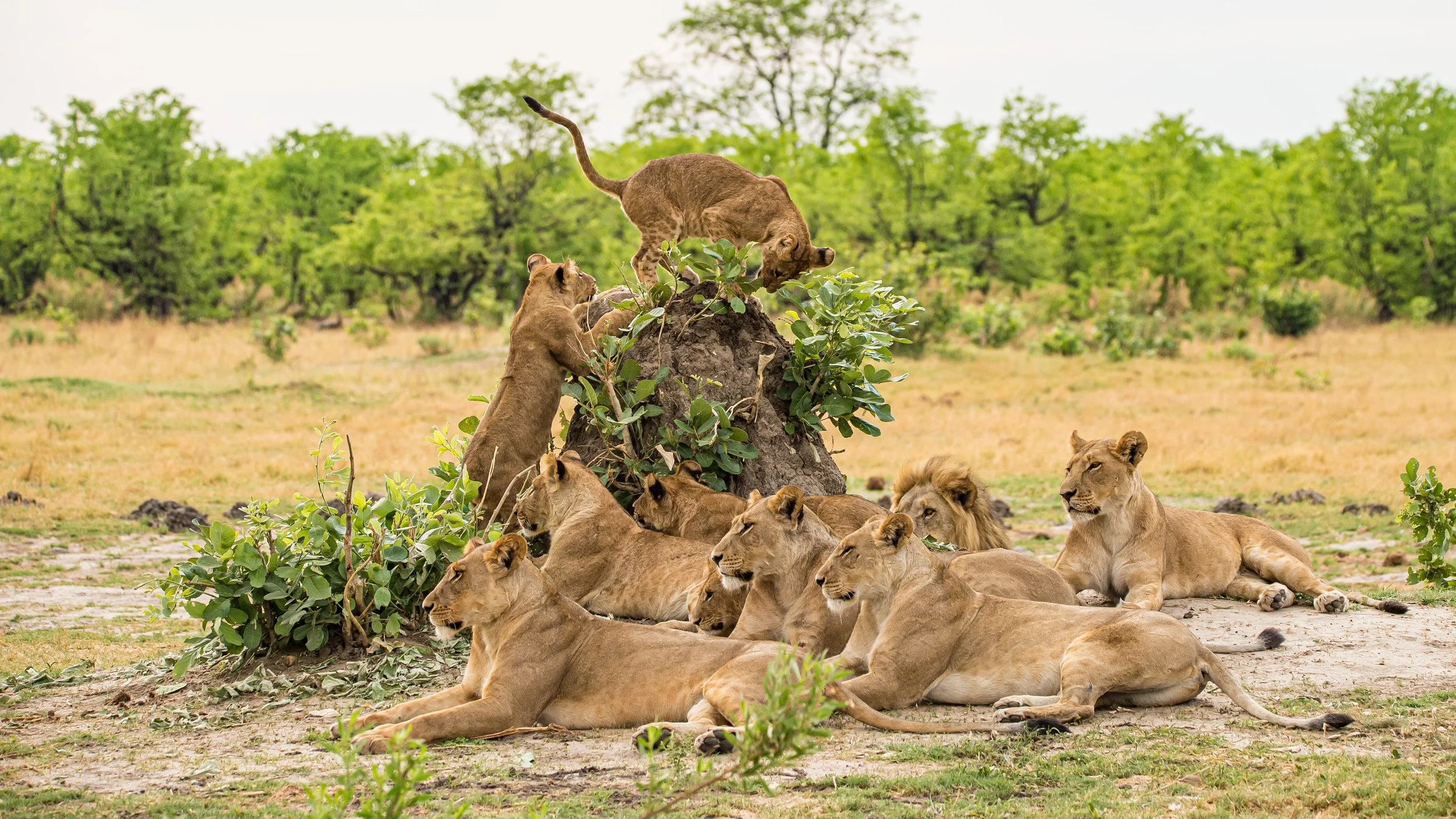
Overview of Lion Safari:
Safari the travel industry offers an unmatched chance to investigate the normal excellence of natural life stores and public parks, with experiences with famous species like lions being a feature for some globe-trotters. Through mindful travel industry practices and preservation drives, safari encounters give exciting untamed life sightings as well as add to the conservation of environments and the insurance of jeopardized species.
The appreciation of these majestic creatures is enhanced and a deeper connection to the natural world is fostered by comprehending lion behavior, diet, and interactions with safari vehicles. Whether it’s noticing lions’ feelings of pride right at home or finding out about the complexities of their social elements, safari in the travel industry offers an enhancing experience that joins experience, schooling, and protection.
What Do Lions Eat?
Understanding the dietary propensities of lions is fundamental for grasping their conduct in nature. Lions are dominant hunters, meaning they sit at the head of the well-established pecking order in their biological systems. Their eating regimen essentially comprises huge herbivores like zebras, wildebeests, and bison. They are, however, opportunistic hunters who will, whenever possible, prey on smaller animals. Additionally, lions are known to scavenge, frequently stealing kills from cheetahs or hyenas. Lions ordinarily chase in composed bunches known as feelings of pride, utilizing key strategies to cut down their prey.
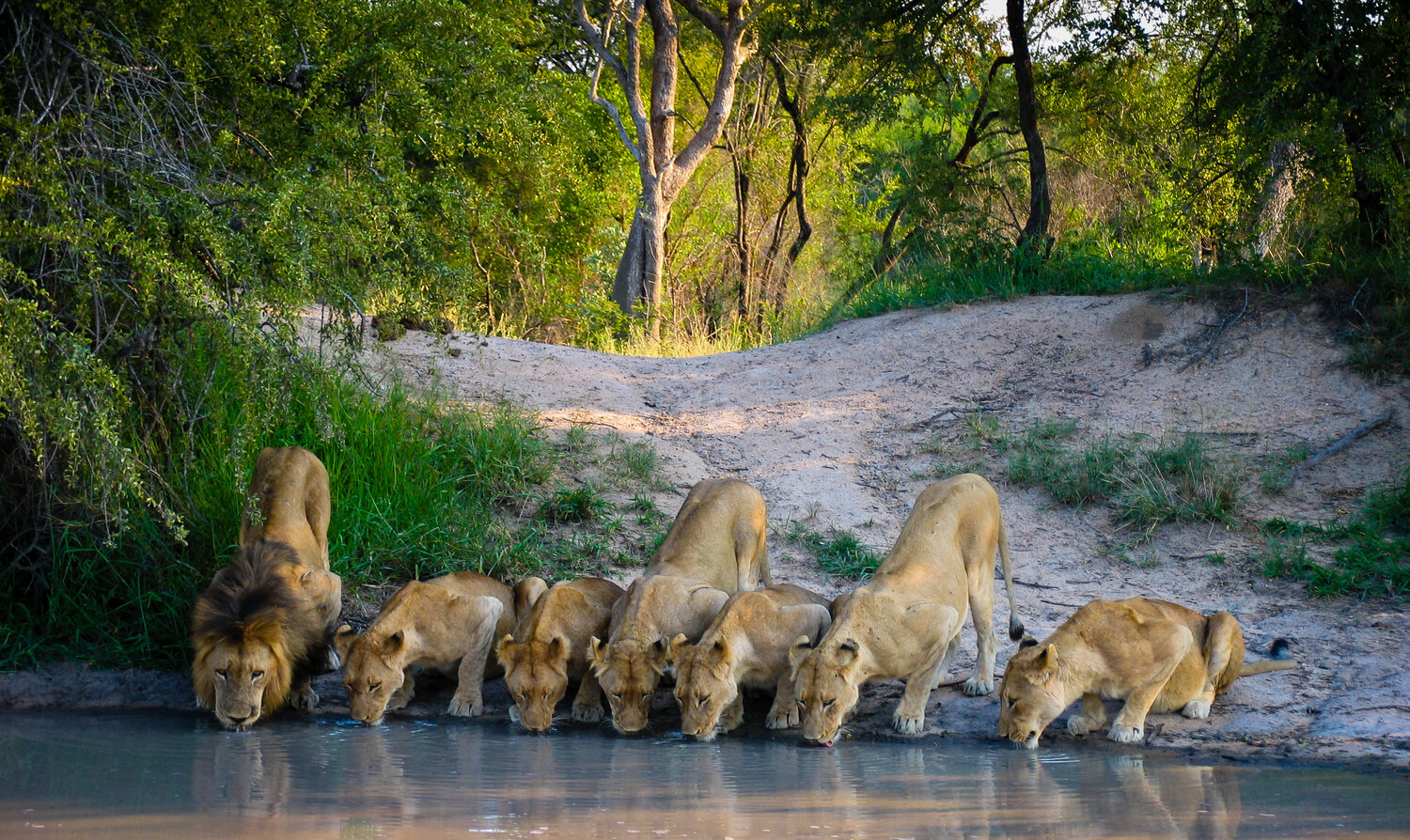
While lionesses do most of the hunting, male lions assume a critical part in shielding the pride’s region and posterity. As far as recurrence, lions don’t chase consistently. They may not need to hunt again for several days if a successful hunt yields an abundance of food. Numerous wild apex predators exhibit this pattern of feasting and starvation.
Why are safari vehicles not attacked by lions?
Visitors to safaris frequently inquire as to why, despite their predatory nature, lions seem to ignore safari vehicles. Lions who live in tourist-friendly areas have become accustomed to safari vehicles. These vehicles are a steady installation in their current circumstance, and after some time, lions have figured out how to see them as innocuous and harmless.
Absence of Prey Reaction:
Lions are fundamentally determined by their impulses to chase and shield an area. Safari vehicles don’t set off similar ruthless reactions as potential prey creatures do. Lions are capable of recognizing various improvements and are less inclined to see fixed vehicles as focuses for assault.
Regard for An area:
Lion Safari are regional creatures, and they perceive the limits of their pride’s domain. Safari vehicles are seen as gatecrashers in their space, yet except if incited or feeling straightforwardly undermined, lions by and large pick evasion as opposed to animosity towards these vehicles.
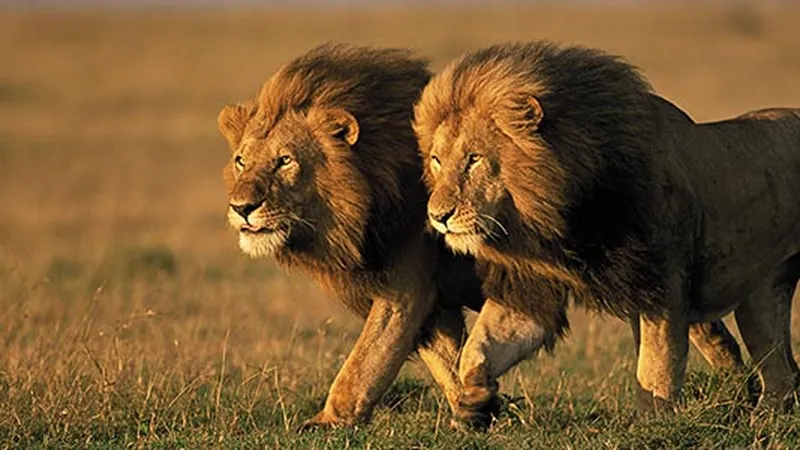
Protection Endeavors and Guidelines:
Numerous safari objections uphold severe guidelines to guarantee the well-being of both natural life and vacationers. Lion Safari These guidelines frequently incorporate rules for avoiding creatures and ceasing from ways of behaving that might unsettle or incite them. These measures help to reduce the likelihood of lions and safari vehicles fighting. while lions are imposing hunters right at home, they display an astonishing resistance towards safari vehicles in numerous natural life stores and public parks. By understanding their dietary propensities and conduct, vacationers can see the value in the honor of noticing these brilliant animals very closely while guaranteeing their security and prosperity during safari encounters.
The Dynamics of Lion Behavior:
The Elements of Lion Conduct Past their standing as dominant hunters, lions are additionally perplexing social creatures with complex elements inside their pride. Prides commonly comprise related females and their posterity, alongside a predominantly male or alliance of guys. This social design assumes an essential part in forming lion conduct, incorporating their cooperation with different species like people in safari vehicles.
Each member of Pride has their role and place in the group. Lion Safari Lionesses are the essential trackers, cooperating to facilitate chases and give food to the gathering. Male lions, then again, center around protecting the pride’s domain and posterity from likely dangers. This division of work guarantees the endurance and prosperity of pride in general. Lion Safari are likewise known for their vocalizations, including thunders, snarls, and snorts, which act as specialized apparatuses inside the pride. Thundering, specifically, is frequently connected with stating predominance and stamping region, motioning toward different lions nearby, and preventing likely adversaries.
Understanding these social dynamics can shed light on how lions perceive and react to safari vehicles in the context of safari tourism. Lion Safari While they might display interest or indifference about vehicles, their essential spotlight stays on keeping up with the respectability of their pride and domain.
Conservation’s Role in Safari Tourism Safari:
the travel industry assumes an essential part in supporting preservation endeavors aimed toward safeguarding untamed life and their regular living spaces. Anti-poaching patrols, habitat restoration, and community outreach programs are some of the conservation initiatives that many safari destinations use as a portion of their tourism revenue. By advancing dependability the travel industry rehearses, for example, regarding untamed life and complying with stop guidelines, safari administrators and guests add to the drawn-out maintainability of these environments. Protection endeavors benefit famous species like lions as well as assist with safeguarding biodiversity and backing neighborhood networks subject to the travel industry for their livelihoods.

Educational Opportunities for Tourists:
Opportunities for Tourists to Learn Safari encounters offer remarkable instructive open doors for travelers to find out about untamed life protection, biology, and the significance of safeguarding normal territories. There are a lot of expert safari guides who can tell you a lot about the behavior, ecology, and conservation status of the animals you see on tours. Taking part in directed safaris permits travelers to acquire a more profound appreciation for the interconnectedness of biological systems and the fragile harmony among hunter and prey species. Noticing lions right at home gives a firsthand look into their regular routines and difficulties, cultivating sympathy and a feeling of obligation towards their preservation.
Responsible Wildlife Tourism:
Lion Safari Capable Natural Life The travel industry The goal of responsible wildlife tourism is to strike a balance between the needs of tourists and the environment and wildlife. Lion Safari This incorporates limiting unsettling influences on creatures, abstaining from congestion at natural life sightings, and supporting moral safari administrators focused on protection and supportability. By picking legitimate safari administrators and complying with moral rules, vacationers can guarantee their safari encounters decidedly affect untamed life and nearby networks. Furthermore, supporting preservation associations and drives devoted to safeguarding lions and their territories helps protect these notorious species for people in the future to appreciate.
Conclusion
Lion Safari, with its great presence and interesting way of behaving, charms the creative minds of safari participants around the world. Through mindful travel industry practices and protection endeavors, Lion Safari we can keep on partaking in the adventure of experiencing lions right at home while guaranteeing their drawn-out endurance and prosperity. Safari tourism becomes not only an exhilarating adventure but also a powerful tool for conservation and education by fostering a deeper understanding of lion behavior, respecting wildlife, and supporting conservation initiatives.
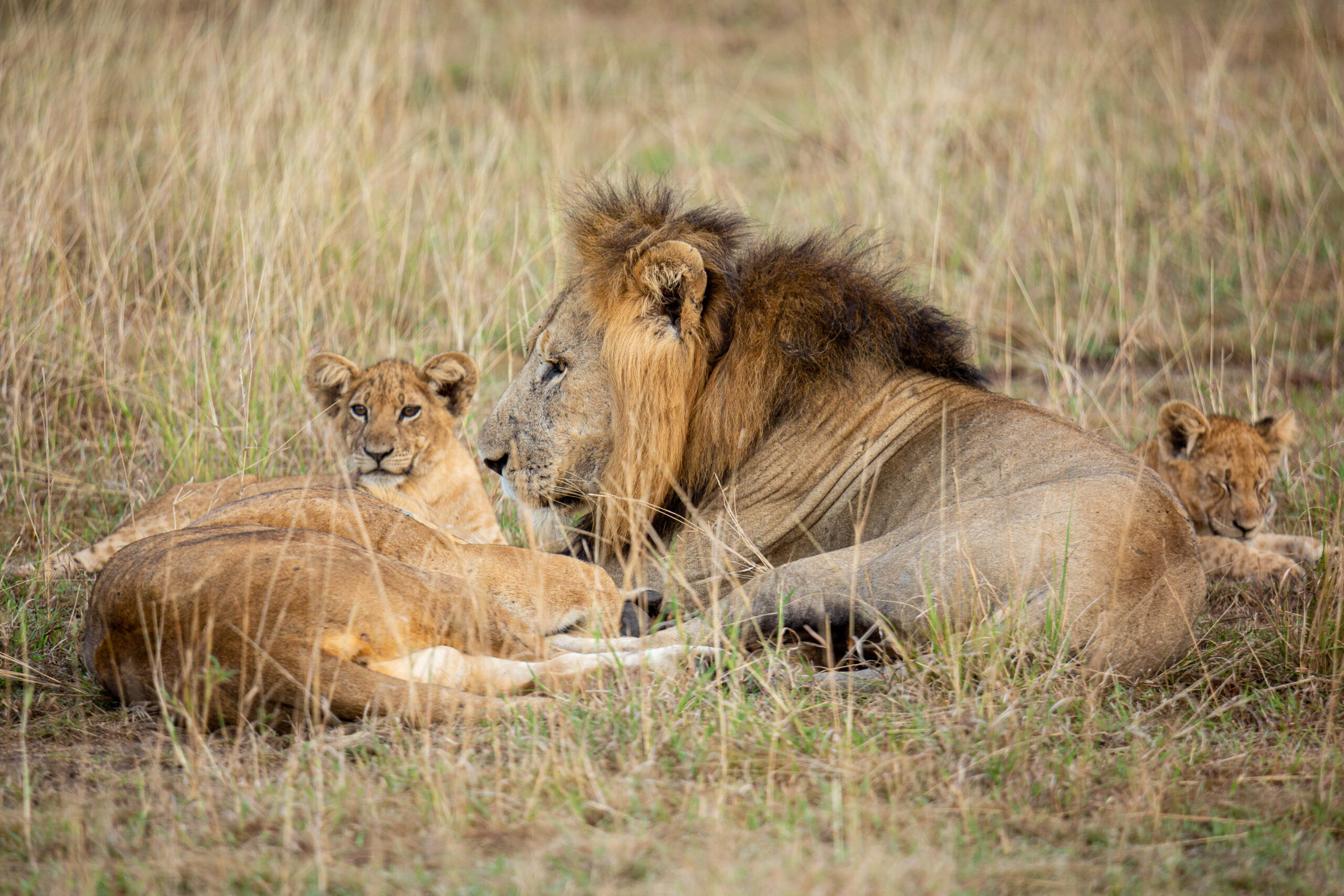
Read More: GRANNY SPACE DATING: 6 COSMIC JOURNEYS IN LOVE
FAQs:
1. Lions consume what?
Lions fundamentally feed on huge herbivores like zebras, wildebeests, and bison, but on the other hand, they’re known to rummage and chase more modest prey when vital.
2. For what reason don’t lions go after safari vehicles?
Lions normally disregard safari vehicles because of their acclimatization to human presence, absence of ruthless reaction to fixed items, and regard for area limits.
3. Do lions hunt continuously?
No, lions don’t chase consistently. They may engage in a pattern of feasting and famine in their hunting behavior after a successful hunt has provided them with sufficient food for several days.
4. How do lions convey their feelings of pride?
Lions use vocalizations like roars, growls, and grunts to communicate with one another. These sounds are used to show dominance, mark territory, and maintain social cohesion within a pride.
5. Which job does safari the travel industry play in lion preservation?
Safari the travel industry upholds lion protection endeavors by giving financing to hostile to-poaching watches, natural surroundings reclamation, and local area outreach programs in untamed life stores and public parks.

